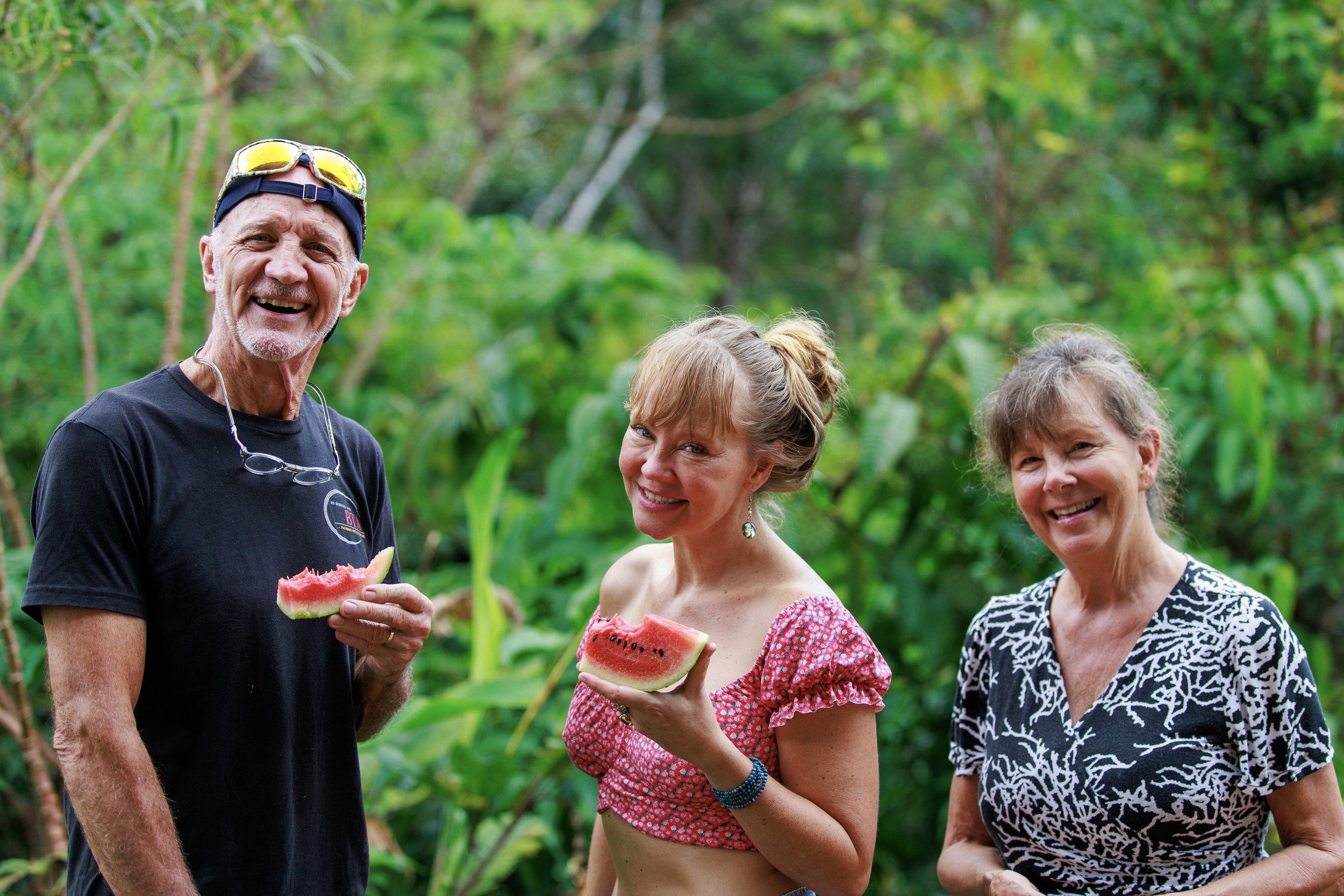
Therapeutics
We pull from a wide-variety of therapeutic practices to create individually-tailored recovery programs.
-
Addresses the mind-body connection and releases trauma stored in the body.
-
Reduces stress and enhances self-awareness.
-
Targets maladaptive thought patterns and promotes healthier behaviors.
-
Focuses on emotional regulation and coping skills.
-
Encourages value-driven behavior and builds emotional regulation.
-
Enhances motivation for change and supports personal goal setting.
-
Techniques to address the neurochemical imbalances associated with addiction.
-
Encourages participation in meaningful, rewarding activities to combat withdrawal.
-
Psychotherapy is a guided therapeutic process that supports emotional healing, self-awareness, and personal growth through structured conversations, evidence-based techniques, and a safe, compassionate space for exploration and transformation.
-
Helps individuals with compulsive gaming behaviors manage cravings and establish healthier routines.
-
Nutritional coaching empowers individuals to cultivate a balanced, nourishing relationship with food through personalized guidance, mindful eating practices, and education on whole, nutrient-dense foods to support overall health and well-being.
-
Nature immersion and rewilding practices reconnect individuals with the natural world through activities like forest bathing, barefoot grounding, wildlife observation, and deep ecological awareness, fostering a profound sense of harmony, resilience, and well-being.
-
Recreation Therapy uses immersive experiences like hiking, surfing, waterfall-chasing, white-water rafting and more to promote physical, emotional, and mental wellness.
-
Art Therapy uses creative expression such as painting, sculpture, dance and music to foster self-discovery, emotional release, and personal growth.
-
Animal therapy harnesses the healing power of human-animal connections through interactions with therapy dogs, horses, birds, or other animals, promoting emotional support, stress relief, and overall well-being.
-
Facilitates adaptive processing of traumatic memories and reduces their emotional intensity.
-
Sleep hygiene is the practice of creating healthy sleep habits—such as maintaining a consistent bedtime, reducing screen time, and optimizing the sleep environment—to improve rest quality, cognitive function, and overall well-being.
-
A structured and consistent physical activity plan, tailored to individual goals and fitness levels, incorporating strength training, cardiovascular workouts, flexibility exercises, and recovery practices to enhance overall health and well-being.








